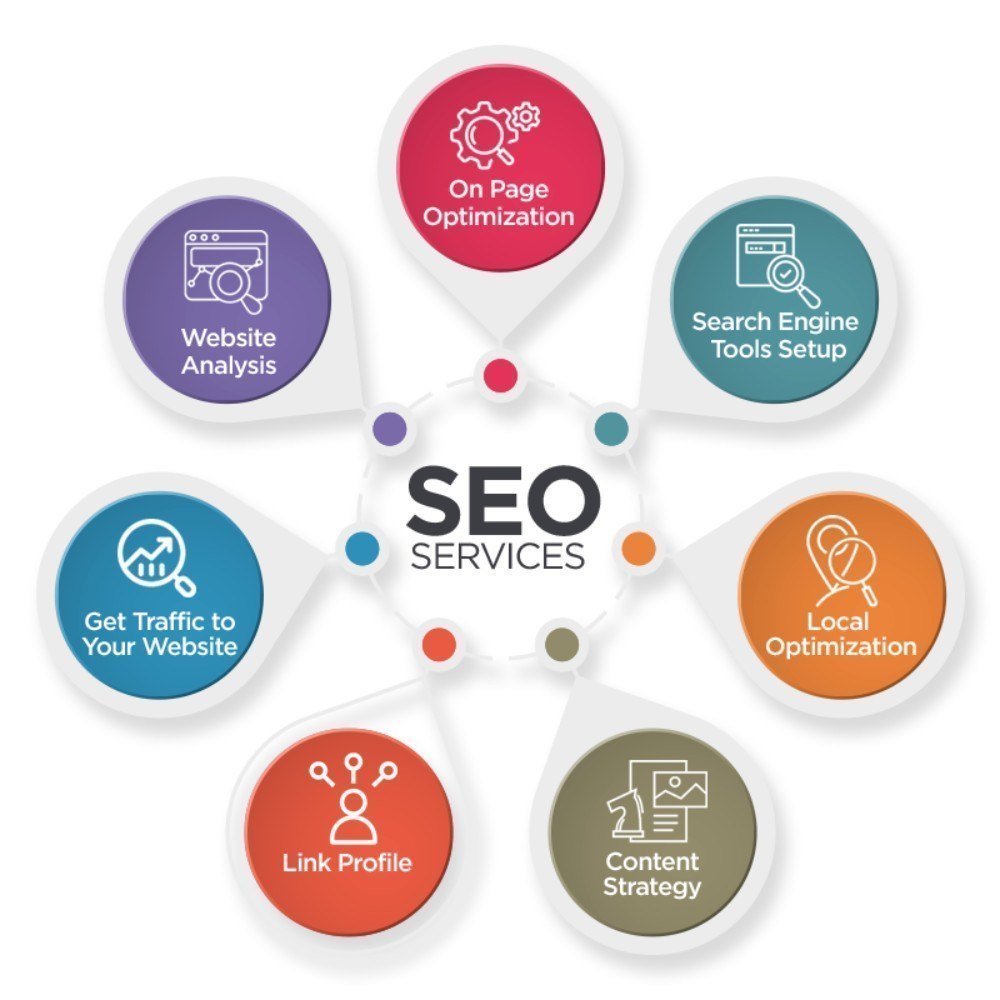SEO
Understanding SEO: A Comprehensive Overview
Search Engine Optimization (SEO) is a multifaceted approach aimed at enhancing a website’s visibility in search engine results pages (SERPs). As the digital landscape evolves, SEO remains a critical component of online marketing strategies, helping businesses attract organic traffic, improve user experience, and ultimately drive conversions.
The Basics of SEO
At its core, SEO involves optimizing a website’s content and structure to make it more appealing to search engines like Google, Bing, and Yahoo. Search engines use complex algorithms to determine which pages to rank higher for specific queries. These algorithms consider numerous factors, including relevance, authority, and user experience.
Key Components of SEO
- On-Page SEO: This refers to the optimization of individual web pages. Key elements include:
- Keyword Research: Identifying the terms and phrases potential customers use in search queries. Tools like Google Keyword Planner and SEMrush can assist in this process.
- Content Quality: Creating valuable, informative, and engaging content is crucial. High-quality content not only meets user needs but also encourages backlinks from other sites.
- Meta Tags: Title tags and meta descriptions help search engines understand the content of a page. These should be optimized with relevant keywords and crafted to encourage clicks.
- Off-Page SEO: This focuses on actions taken outside your website to improve its authority and credibility. Key strategies include:
- Backlinks: Links from other reputable websites signal to search engines that your site is a trusted source of information. Building a robust backlink profile is essential for improving domain authority.
- Social Media Engagement: While social signals are not direct ranking factors, active engagement on social platforms can drive traffic and increase brand visibility.
- Technical SEO: This involves optimizing the technical aspects of a website to enhance its performance and crawlability. Key elements include:
- Site Speed: A fast-loading site provides a better user experience and can improve rankings. Tools like Google PageSpeed Insights can help identify speed issues.
- Mobile-Friendliness: With an increasing number of users accessing the web via mobile devices, ensuring your site is mobile-responsive is critical.
- Secure Sockets Layer (SSL): Implementing HTTPS encryption can boost user trust and is considered a ranking factor by Google.
The Importance of Local SEO
For businesses with a physical presence, local SEO is essential. This strategy focuses on optimizing a website to attract traffic from local searches. Key tactics include:
- Google My Business: Claiming and optimizing this listing helps improve visibility in local search results.
- Local Keywords: Incorporating location-based keywords can enhance relevance for local searches.
- Customer Reviews: Positive reviews can improve local rankings and influence potential customers.
The Future of SEO
As technology advances, so too does SEO. Emerging trends like voice search, artificial intelligence, and machine learning are reshaping how users interact with search engines. Optimizing for voice search requires a focus on natural language processing and long-tail keywords, while AI tools can assist in data analysis and content creation.
Conclusion
In a digital world where visibility is paramount, understanding and implementing SEO strategies can significantly impact a business’s success. From on-page tactics to off-page authority building and technical optimizations, a holistic approach to SEO not only improves search rankings but also enhances user experience, driving sustainable growth in the competitive online marketplace. As search engines continue to evolve, staying informed and adaptable will be key to leveraging the full potential of SEO.

